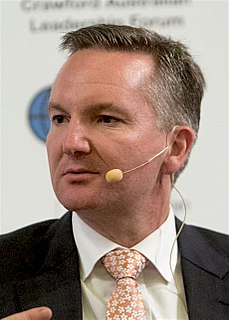A Quote by Victor Davis Hanson
It is a hard thing for intellectuals to acknowledge benefits from their rich moral inferiors who never so intended it.
Quote Topics
Related Quotes
The great, the rich, the powerful, too often bestow their favours upon their inferiors in the manner they bestow their scraps upontheir dogs, so as neither to oblige man nor dogs. It is no wonder if favours, benefits, and even charities thus bestowed ungraciously, should be as coldly and faintly acknowledged.
There is a principle of human affairs that goes back millennia, which is that you don't look in the mirror. You can trace this principle back to the Bible. The designated intellectuals of that time are called prophets, which is a mistranslation of a Hebrew word, but they were basically intellectuals, giving geopolitical analysis, criticizing the moral practice of leadership, etc. Now, these people were not treated very nicely. There were other intellectuals who were treated nicely, namely those who centuries later came to be called false prophets. These were the flatterers of the court.
Intellectuals love Jefferson and hate markets, and intellectuals write most of the books. Intellectuals often think that they should, for the benefit of mankind, act as fiduciaries for the clods who don't have to be intellectuals, and I suspect that has to do with [why historians love Jefferson and not Hamilton, even though Hamilton's vision of America's commercial future was vastly more accurate than Jefferson's].
There has never been a humane communist regime. Marxism is inherently totalitarian. It recognizes no moral limits on the state. It’s the most convenient ideology for aspiring tyrants; it also retains its appeal for intellectuals, who have proved equally skillful at rationalizing abuses of power and at exculpating themselves.








































